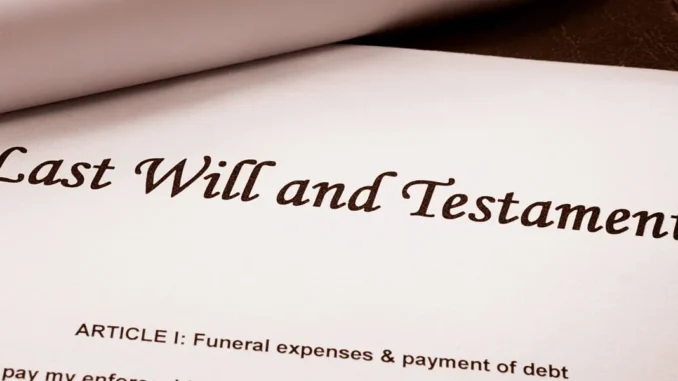
I always believed I was lucky—adopted as a baby by a loving couple and growing up alongside Brian and Kayla, we were inseparable. We built pillow forts, shared secrets past bedtime, and declared ourselves “real siblings.”
But everything shifted the day I turned 25. A letter arrived from my birth mother’s lawyer: Alina had passed away and left me her house, life insurance, and savings—worth $187,000. My parents’ response was muted, expecting me to consider sharing it, not affirming that it was mine alone.
When Brian and Kayla found out, they demanded a share. “You’re not more adopted than us,” Brian said. My parents urged calm and compromise—never stating that the inheritance belonged to me.
That evening, I found my belongings packed on the porch. Brian told me I couldn’t stay unless I shared the inheritance. Without resistance, I left and erased their voicemails urging me to return.
I rented out Alina’s house, moved to a small apartment, went to therapy, and launched the startup I’d long dreamed of. Four years later, a high school friend texted me: my dad was in a nursing home, sick, and my siblings had abandoned him.
I visited him alone. He smiled gently, and I paid anonymously for his needed heart surgery. My mother, realizing it was me, broke down in gratitude when I later helped her with housing. “I’m so sorry,” she whispered—too late, but not unheard.
Brian reached out with guilt-laced messages; Kayla emailed fake warmth and money requests. I ignored them. My father passed six months later. I helped my mother settle, and that was the end. Some bridges you don’t burn—you simply stop crossing them.